Join my community and receive my free ebook! Subscribe now >>
Potassium High Blood Pressure
POTASSIUM AN ELECTROLYTES AND MINERAL
Potassium high blood pressure is a major regulator of blood pressure. A high potassium intake protects against some of the effects of a high salt diet.

Increase your potassium by taking potassium chloride or preferably by increasing your consumption of fruits and vegetables to at least five portions a day.
Five portions a day is not a lot to consume, see how you can achieve that easily below. It is to your benefit if you are on high blood pressure treatments. Automatically your are at a reduced risk of strokes and heart disease.
Potassium is a chemical element that helps to maintain normal functioning of the heart, muscles and the nervous system.
Too little potassium in the body signals the kidneys to lowers blood pressure and too much sodium in the body results in high blood pressure.
Fruits And Vegetables Rich In Potassium
Foods rich in potassium are:
| Food | Amount | Potassium (mg) |
| Acorn squash | 1 cup | 900 |
| Avocado | 1/2 medium | 680 |
| Banana | 1 medium | 451 |
| Mango | 1 medium | 323 |
| Orange | 1 medium | 250 |
| Strawberries | 1 cup | 247 |
| Sweet potato | 1 cup | 950 |
Other potassium rich foods recommended by the American Heart Association.
Research On Potassium High Blood Pressure
The University Of Pennsylvania
The University of Pennsylvania researchers states that the link between increased consumption of potassium high blood pressure and just ten days of potassium restriction resulted in an increase in blood pressure, whether the individuals had a normal or elevated blood pressure to begin with.
While a twelve year study on a group of California adults suggest that high potassium intake protects against stroke.
Potassium is one of four electrolytes needed by the body to achieve its daily functions.
Your electrolytes balances your body's performance, all working together to maintain your body's functions, including balancing your high blood pressure.
The four electrolytes needed by your body are Calcium, Magnesium, Potassium and Sodium.
Every time your heart beat or your muscles contract, the electrolytes passes messages throughout your nervous systems as sodium enters a nerve cell and potassium exits.
Then when potassium enters a nerve cell sodium exits. Without the sodium-potassium pump, your body would pretty much shut down.
Similarly we cannot do without the calcium and magnesium pump. And, potassium seems to correct salt sensitivity as well.
When taking high blood pressure medication you may sometimes experience low potassium levels. This happens to me a lot so I look for natural ways to supplement my body.
In addition to the foods listed above, and as part of your contribution in maintaining the healthy functioning of your organs try this delicious tasting soup.
Sometimes I add chicken wings or bone marrow to change things up. It's easy to make.
High Potassium Soup/Broth
- 10 celery stalks
- 2 leafy greens (beet tops, collards, turnip greens, kale)
- 2 sweet potatoes, peeled
- 2 onions
- 3 cloves garlic
- 1 pound summer squash
- 1 pound zucchini
- 2 bunches parsley
Wash and chop vegetables, place in an 8-quart pot, cover with water, cover. Bring to a boil and then turn heat down to a simmer.
Simmer for 30 minutes, turn off heat and allow to sit for another 30 minutes.
Serves 6
John Hopkins Hospital
John Hopkins Hospital in Baltimore, Maryland did a three week study of two groups of salt sensitive African Americans.
One group with high normal blood pressure readings of 125/77 and the other pre-hypertension group with readings of 127/78. One group was given potassium supplements and the other a placebo.
At the end of the three weeks study on potassium high blood pressure readings, systolic blood pressure, the top number, had dropped an average of 6.9 points in the group that was given potassium supplements and the diastolic readings, the lower number, dropped by 2.5 points.
There is no doubt that potassium is one of the answers to your blood pressure problems. Therefore, we have to make sure your diet is rich in potassium.
This mineral helps to prevent kidney stones and heart beat disturbances called arrhythmias. It also help keep your bones strong by neutralizing acids in the blood stream that leach calcium from your bones.
Return From Potassium High Blood Pressure To High Blood Pressure Treatments
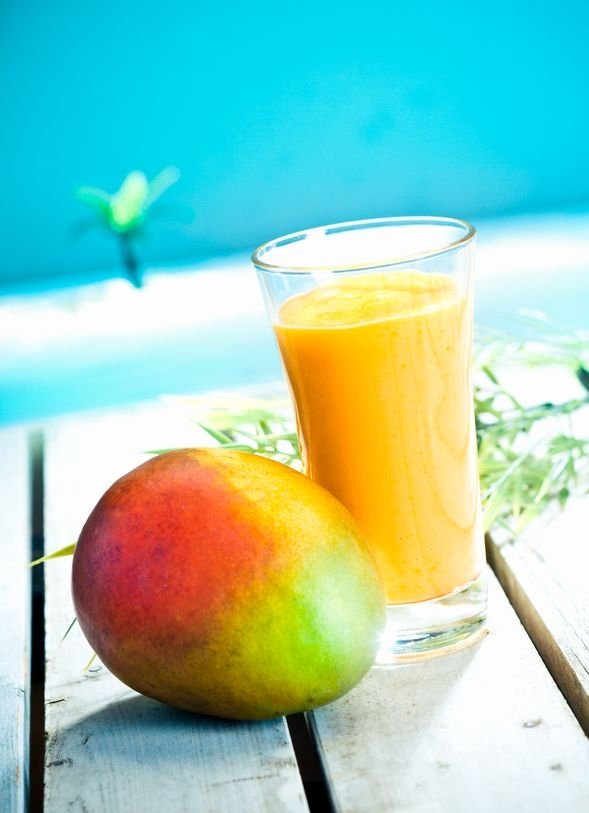
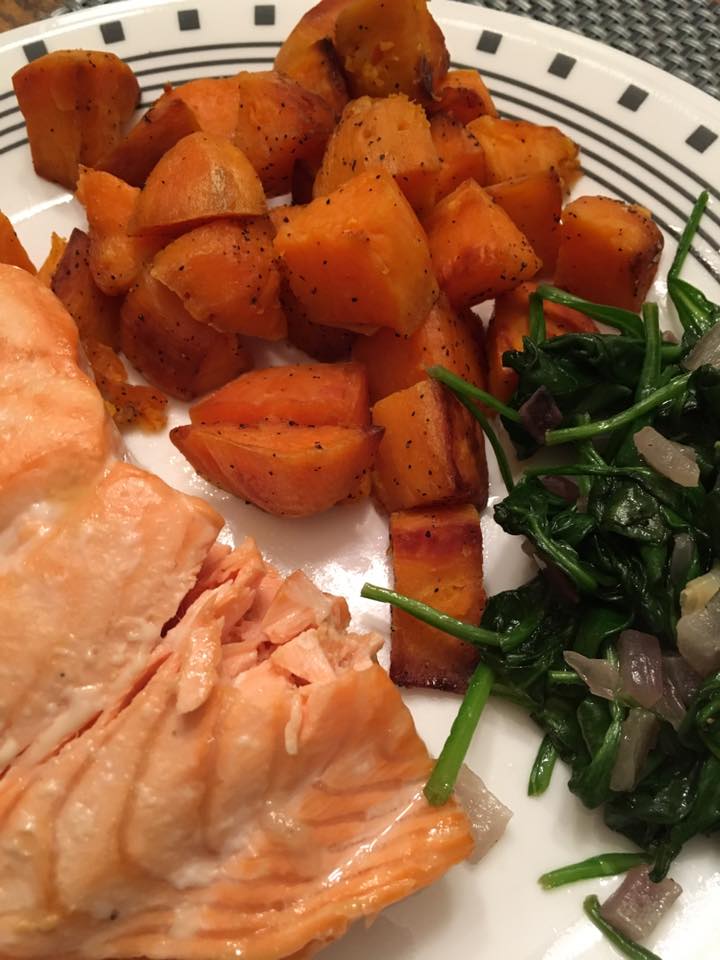

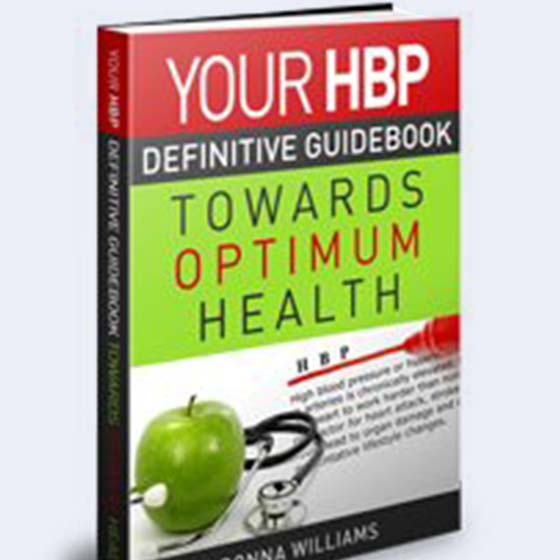

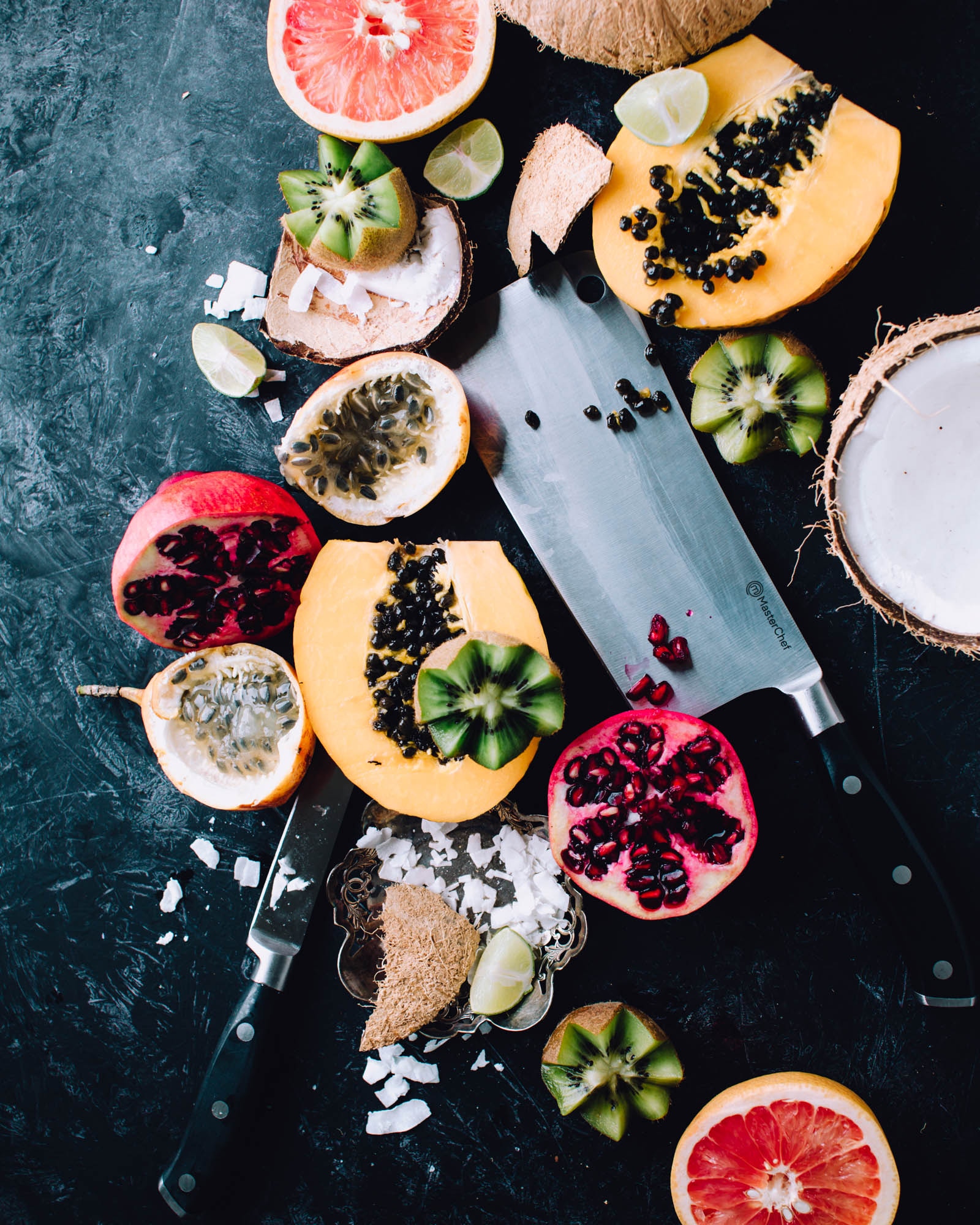
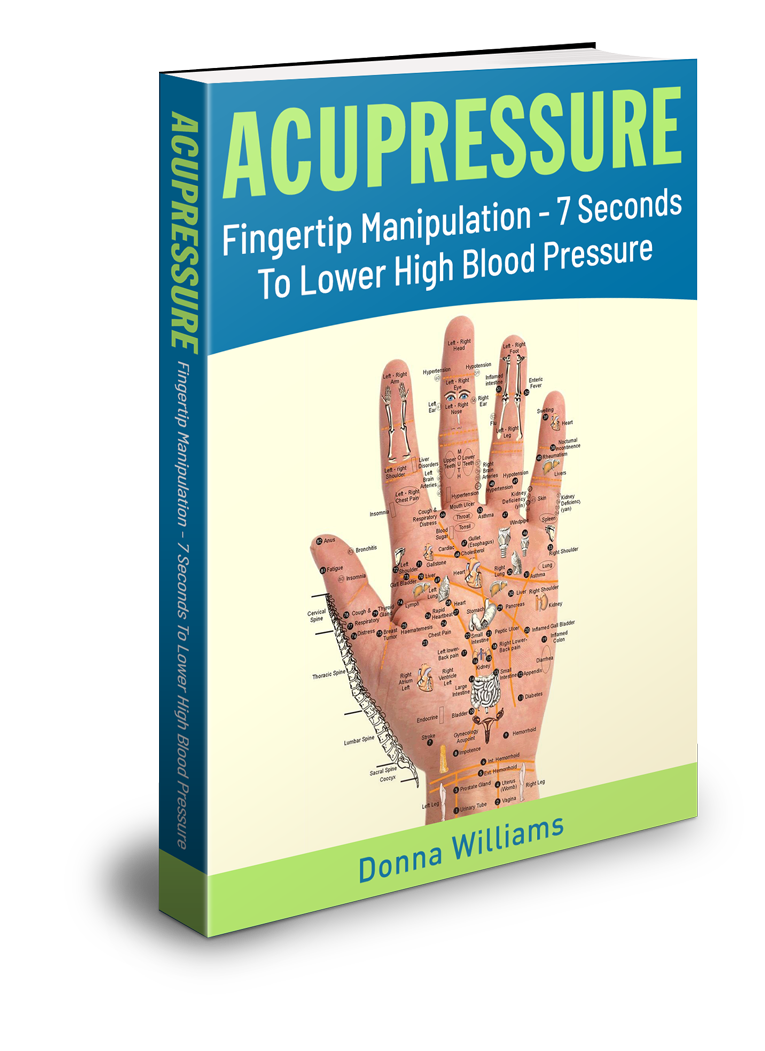
New! Comments
Have your say about what you just read! Leave me a comment in the box below.